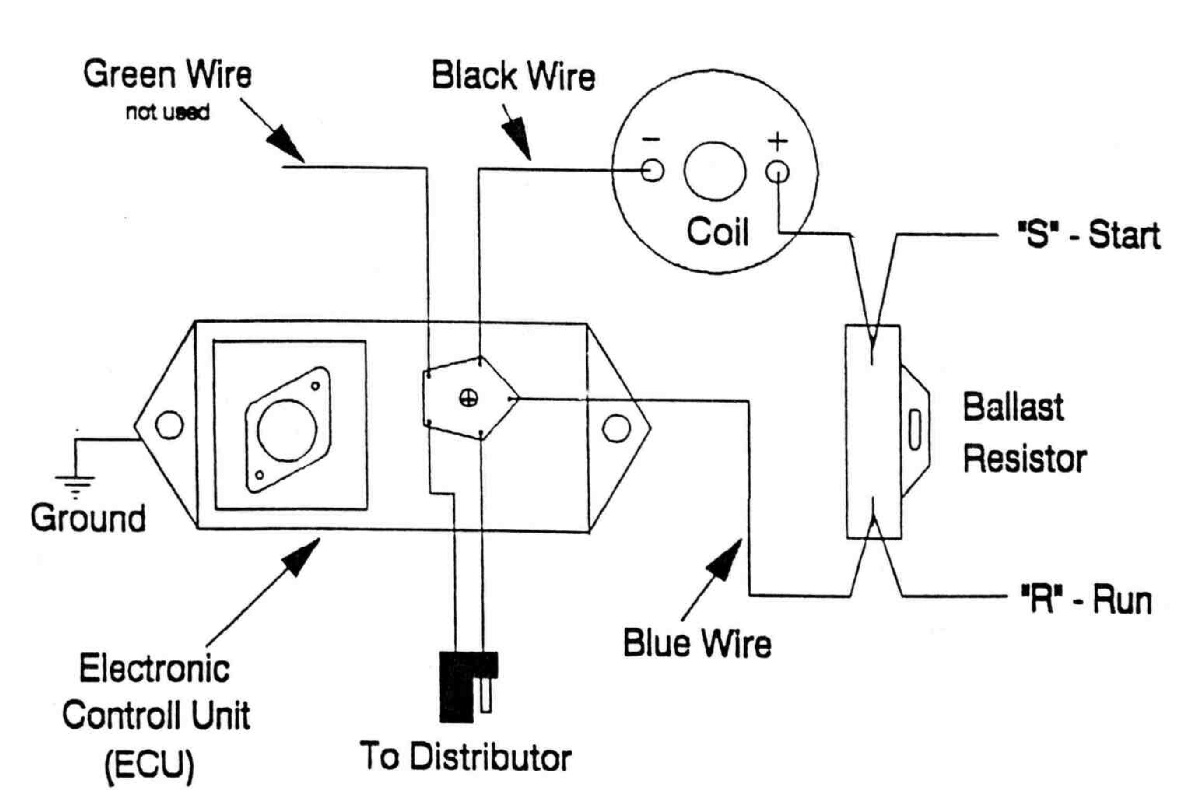Mopar Wiring Diagram is an essential tool for any mechanic or car enthusiast looking to understand the electrical system of a Mopar vehicle. This diagram provides a detailed illustration of the wiring and electrical components in the vehicle, helping users to troubleshoot issues, make repairs, or perform upgrades.
Why Mopar Wiring Diagrams are Essential
Mopar Wiring Diagrams are essential for several reasons:
- They provide a visual representation of the vehicle’s electrical system, making it easier to understand how components are connected.
- They help users identify potential issues or areas of concern within the electrical system.
- They serve as a guide for installing new components or accessories in the vehicle.
How to Read and Interpret Mopar Wiring Diagrams
Reading and interpreting Mopar Wiring Diagrams can be daunting for some, but with a few tips, it becomes much easier:
- Start by familiarizing yourself with the key or legend provided in the diagram.
- Follow the color-coding of the wires to understand how they are connected.
- Pay attention to symbols and abbreviations used in the diagram to identify different components.
Using Mopar Wiring Diagrams for Troubleshooting Electrical Problems
Mopar Wiring Diagrams are invaluable when it comes to troubleshooting electrical problems in a vehicle:
- Use the diagram to trace the flow of electricity and identify potential areas of failure.
- Check for continuity and voltage at various points in the circuit to pinpoint the issue.
- Refer to the diagram to understand how different components are interconnected and how they may be affecting each other.
Importance of Safety
When working with electrical systems and using wiring diagrams, safety should always be a top priority. Here are some safety tips and best practices to keep in mind:
- Always disconnect the battery before working on the electrical system to prevent electrical shock or short circuits.
- Use insulated tools when working with live circuits to avoid accidents.
- Avoid working on the electrical system in wet or damp conditions to prevent electrocution.
Mopar Wiring Diagram
Wiring Diagrams 63 Model Year – Mopar Owners Group South Africa – Mopar

[DIAGRAM] Mopar Electronic Ignition Wiring Diagram Color – MYDIAGRAM.ONLINE
![Mopar Wiring Diagram [DIAGRAM] Mopar Electronic Ignition Wiring Diagram Color - MYDIAGRAM.ONLINE](https://i1.wp.com/i2.wp.com/mainetreasurechest.com/wp-content/uploads/2018/08/mopar-electronic-ignition-wiring-diagram-inspirational-coil-ballast-resistor-wiring-diagram-view-diagram-wire-center-e280a2-of-mopar-electronic-ignition-wiring-diagram.jpg)
Understanding Mopar Starter Relay Wiring Diagrams | WIREGRAM

Mopar Pertronix Ignitor Wiring Diagram For Your Needs
Mopar Ecu Wiring Diagram – Handmadefed

70 Mopar Wiring Diagram | Wiring Library – Mopar Wiring Diagram
